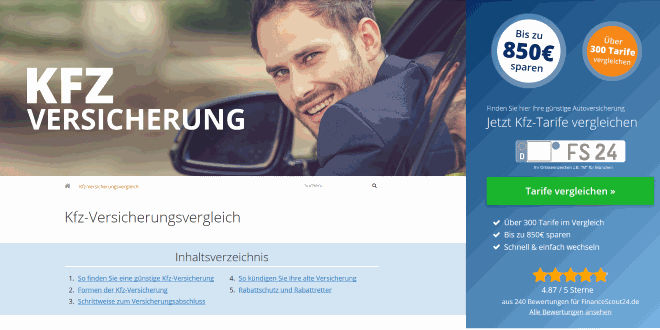English Speakers: Explore Waste Management Careers in Germany
Discover promising career paths in Germany's thriving waste management sector, tailored for English-speaking professionals. From entry-level positions to specialized roles, learn about the diverse opportunities, required skills, and industry expectations. Uncover how your language abilities can be an asset in this essential and growing field across major German cities.

Navigating the German Waste Management Industry as an English Speaker
Diverse Career Opportunities in Waste Management
Germany’s robust waste management sector offers a wide array of positions suitable for English-speaking professionals. From urban centers to industrial zones, opportunities span the entire waste lifecycle:
-
Collection Operations: Entry-level roles like collection assistants support drivers on daily routes, requiring minimal German proficiency.
-
Material Recovery: Sorting specialists at recycling facilities play a crucial role in waste separation processes.
-
Technical Positions: Equipment operators manage sophisticated machinery such as compactors and automated sorting systems.
-
Logistics and Planning: Coordinators optimize collection routes and transportation schedules, often utilizing English in international communications.
-
Facility Maintenance: Technicians ensure the smooth operation of waste management equipment and infrastructure.
-
Administrative Roles: Office-based positions may require intermediate German skills but offer pathways for those with strong organizational abilities.
-
Specialized Fields: Hazardous waste management and waste-to-energy sectors provide opportunities for those with technical backgrounds or environmental expertise.
Essential Skills and Physical Requirements
Success in the waste management industry hinges on several key attributes:
- Reliability and punctuality are paramount across all roles.
- Physical fitness is crucial for operational positions involving lifting and extended periods of standing.
- Adaptability to various weather conditions is necessary for outdoor roles.
- Safety consciousness is essential, including the ability to recognize hazard symbols and adhere to strict protocols.
- Basic mechanical aptitude is valuable, even in entry-level positions.
- While advanced German may not be initially required, basic communication skills are important for safety and procedural understanding.
- Digital literacy is increasingly vital as the industry embraces technological advancements.
Integration of English Speakers in German Waste Management
Many waste management companies, especially in major metropolitan areas like Berlin, Munich, and Hamburg, have adapted to accommodate international workers:
- Visual instruction materials and multilingual safety training are common.
- Buddy systems pair new employees with bilingual colleagues for smoother integration.
- Some international corporations use English as their primary language, creating favorable environments for English speakers.
- Diverse language skills are often valued, particularly in roles dealing with international waste documentation or communication.
As English-speaking employees gain experience and improve their German proficiency, opportunities for advancement into supervisory or specialized roles become more accessible.
Typical Schedules and Tasks in Waste Services
Work patterns in the waste management sector vary by role:
- Collection routes typically begin early, with shifts starting between 5:00 and 7:00 AM.
- Sorting facilities often operate multiple shifts, including night operations in larger facilities.
- Administrative positions generally follow standard business hours.
Daily responsibilities may include:
- Operating collection vehicle mechanisms and documenting route issues
- Manual and automated sorting of materials
- Monitoring and maintaining processing equipment
- Preparing separated materials for recycling transport
- Coordinating pickups and managing customer inquiries
Safety briefings are a standard start to each shift, emphasizing daily hazards and special handling procedures.
Qualifications for Entry-Level Positions
Many entry-level waste management roles in Germany have minimal formal requirements:
- Basic education credentials are often sufficient for collection and sorting positions.
- Driving roles require appropriate vehicle licenses (Class B, C, or CE).
- Technical positions may need relevant vocational training certificates.
- Safety certifications are frequently provided through on-the-job training.
- Specialized roles, particularly in hazardous waste management, may require specific certifications.
Apprenticeship programs (Ausbildung) offer structured pathways into the industry, combining practical experience with formal education.
For foreign workers, valid residence and work permits are essential. Many companies offer guidance on these requirements, with some larger organizations assisting in the application process.
Conclusion: A Growing Field with Promising Prospects
Germany’s waste management industry presents viable career opportunities for English-speaking professionals looking to enter the German job market. The sector offers both entry-level positions and potential for career growth, with many companies adapting to accommodate international workers, especially in urban areas.
As sustainability continues to drive industry growth, qualified workers remain in high demand across various specializations. For English speakers willing to adapt and learn, the German waste management sector offers a unique blend of job security, skill development, and the opportunity to contribute to essential environmental services.




